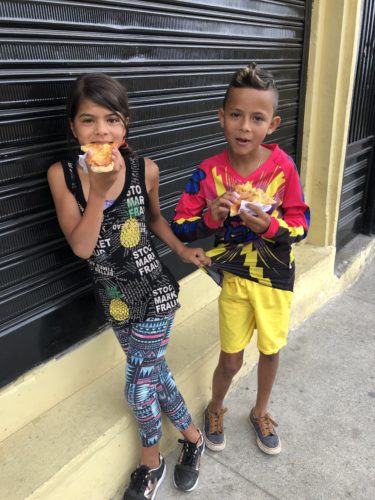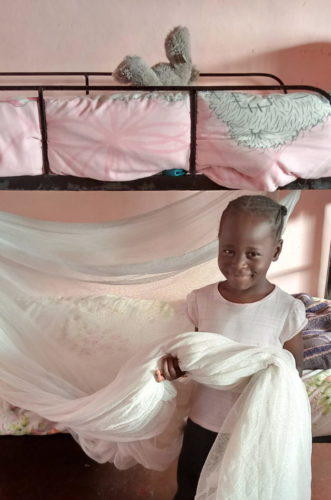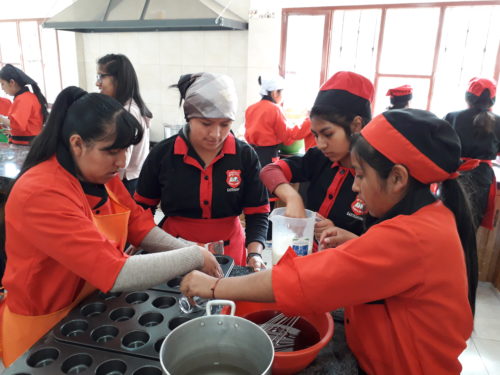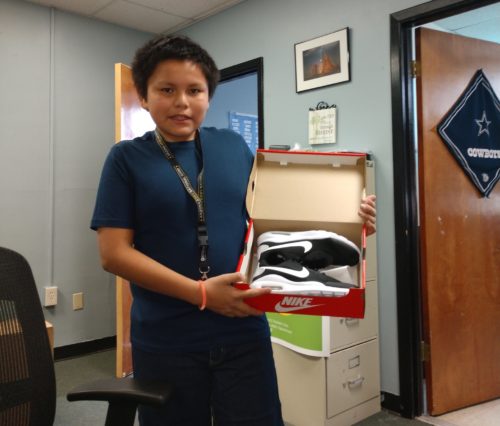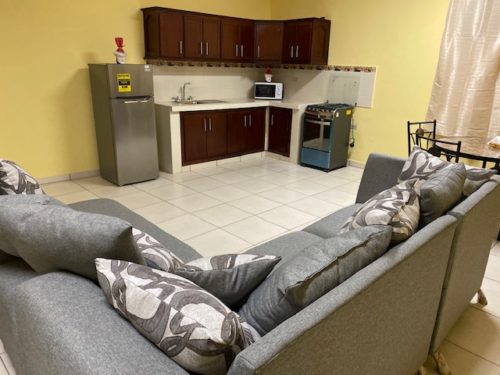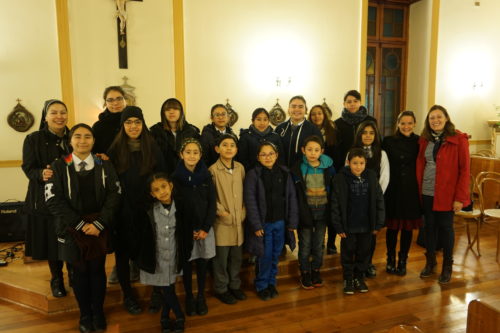*Note: This blog was written prior to the COVID-19 pandemic. Although much has changed regarding our sponsored children’s learning experience in the past months, our On the Road stories remain relevant in regards to our volunteer coordinator’s work and the impact of sponsorship on children in our program thanks to our sponsors. We are pleased to continue to share stories with you about our work.
***
The town of Page is located amid the stark mesas, wild terrain, and incredible desert beauty of north-central Arizona, only a few miles from the Utah border.
One of the youngest communities in the United States, Page actually began in 1957 as a housing camp for workers building the Glen Canyon Dam on the Colorado River.
Today, the majority of its residents are Navajo; the town lies just off the western fringes of the Reservation, which comprises more than 27,000 square miles, extending into both Utah and New Mexico.
It’s hard enough for teachers to get high school age students to read without added obstacles such as the lack of books, the absence of a variety of books, or the lack of literacy software or computer programs that can help keep their interests.
Despite an ancient history and revered culture, Page’s economy is weak, and high unemployment and social problems fuel a cycle of poverty that has existed here for many years.
The importance of literacy
While visiting Page last year, our President and CEO, Ronald Carter, met with Page High School Principal, Mrs. Martin.
“I wanted to take the opportunity during our meeting to ask Mrs. Martin what she felt were the greatest needs of her students,” said Mr. Carter.
“She told me that promoting reading among the students is a priority for her. High school students often lose interest in reading as they find other hobbies or have less time to read because of sports or jobs. She feels that if the school had access to new books or other resources, she could encourage them to read more.”
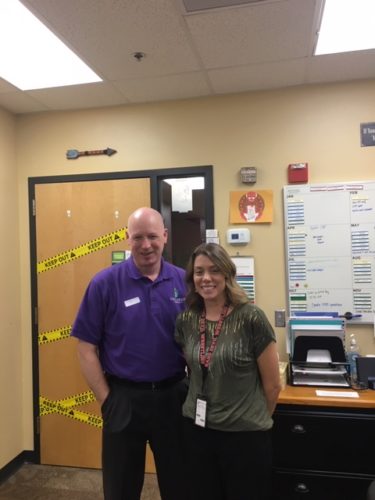
Mr. Carter pictured with Mrs. Martin
It’s hard enough for teachers to get high school age students to read without added obstacles such as the lack of books, the absence of a variety of books, or the lack of literacy software or computer programs that can help keep their interests. According to the award-winning teacher, Nancy Barile, M.A.Ed., one of the best ways to encourage students to read is to offer them many different options or subject matters to choose from so they feel their interests are met.
But when a school doesn’t have the funds to have a well-stocked library, students might not even look for books to read because they feel their options are limited, and that can be detrimental to their education. Today, roughly 30% of adults in the United States only read at a third-grade level. Regular reading can help with not only literacy rate, but with brain function, vocabulary, and memory.
The need for teachers that care
Educators, such as Mrs. Martin, can have a significant influence on children’s desire and ability to read, and it is apparent that she cares a great deal about giving her students every opportunity to learn while they are at Page High School.
“It is great to know that students can rely on her to work hard for them and to have their interests in mind, even if there are roadblocks to overcome,” said Mr. Carter.
***
Due to the generosity of our sponsors, all of our enrolled Native American children are currently matched. However, we have many other U.S. children who are in need of a sponsor’s encouragement and support. You may also wish to consider a donation to our Covid-19 Response Fund or one of our other special funds at this time. Please feel free to contact us for further information.
HOW DO I SPONSOR A CHILD?
You can sponsor a child with Children Incorporated in one of three ways: call our office at 1-800-538-5381 and speak with one of our staff members or email us at sponsorship@children-inc.org, or go online to our donation portal, create an account, and search for a child that is available for sponsorship.

